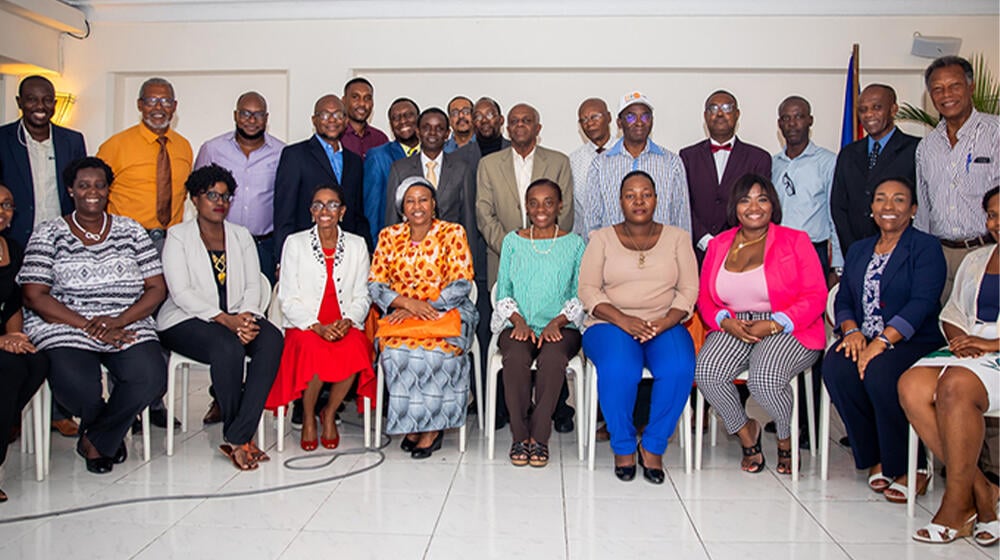Port-au-Prince, June 17, 2023 --- UNFPA, the United Nations Fund for Reproductive Health, organized, together with the Ministry of Public Health and Population and other partners, a reflection workshop to reposition the issue of obstetric fistula in Haiti at the national level with a view to accelerating its elimination by 2030.
State of play
On June 13, 2023, the participants drew up an inventory of obstetric fistula in the country, based on a survey carried out by statistician-demographer Jacques Hendry Rousseau for UNFPA in 2019.
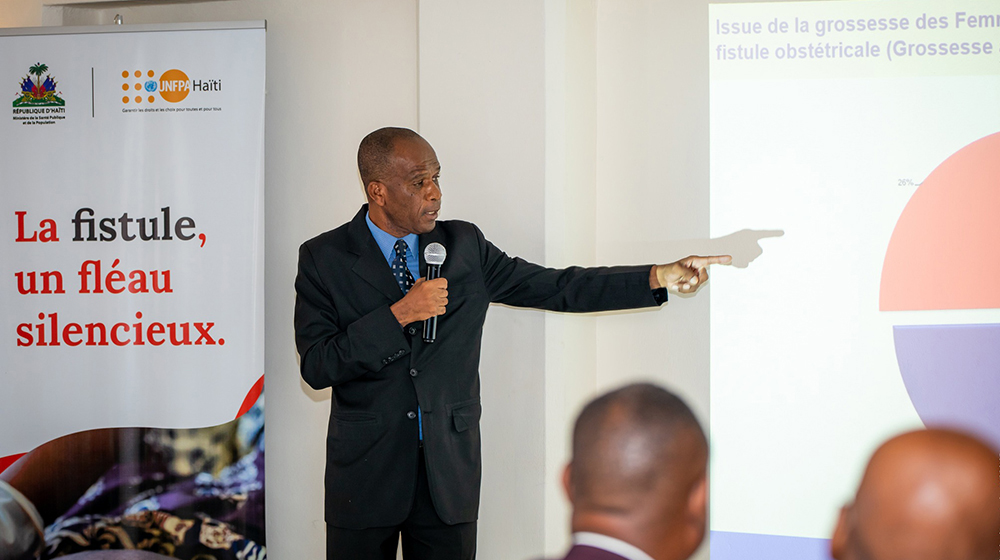
Key strategic axes
They highlighted key strategic axes, through an analysis of strengths, weaknesses, opportunities, threats, and a questioning of the causality of the problems identified, before developing a plan for accelerating the elimination of fistula by 2030.
Obstetric fistula in numbers
According to the World Health Organization, the prevalence of obstetric fistula is estimated at more than 2 million young women worldwide, most of them in Africa and South Asia.
Its incidence in Haiti, according to the EMMUS VI (2016-2017) is 6 per 1000 women of reproductive age, extrapolated to all women of childbearing age, there are approximately 18,985 cases of obstetric fistula in 2023, indicates the Head of the Department of Family Health (DSF) at the Ministry of Public Health and Population, Dr Reynold Grand'Pierre.
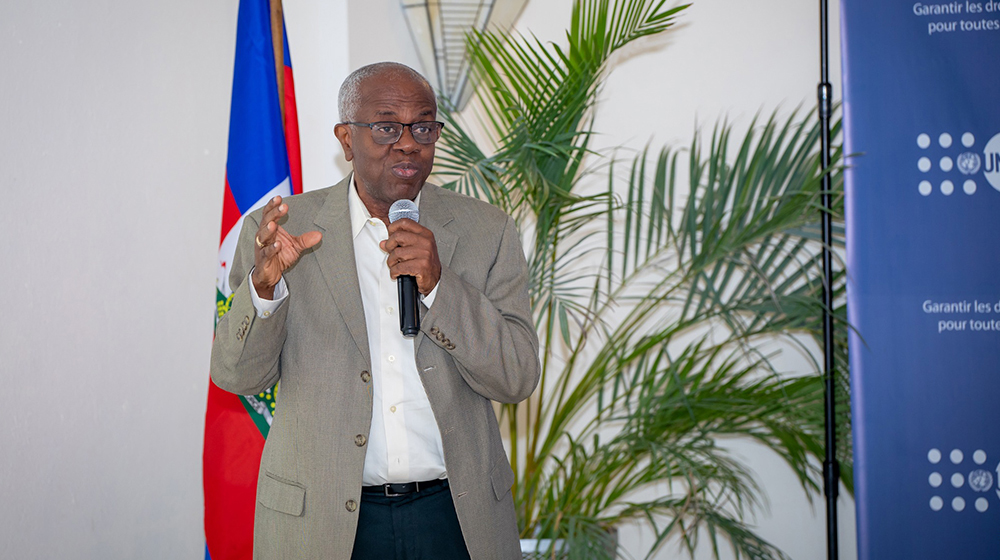
More than half of women living with obstetric fistula (52%) would be under the age of 21 at the time of having their first birth and almost ¾ of women living with obstetric fistula (74.2%) would have had their first birth before the 25th birthday. Precocious fertility would be a main determinant of obstetric fistula.
From 2018 to 2023, the Haitian Society of Obstetrics and Gynecology (SHOG) diagnosed 120 cases of obstetric fistula and operated on 61 cases in its areas of intervention in Haiti, according to its President, Dr. Batsch Jean Jumeau.
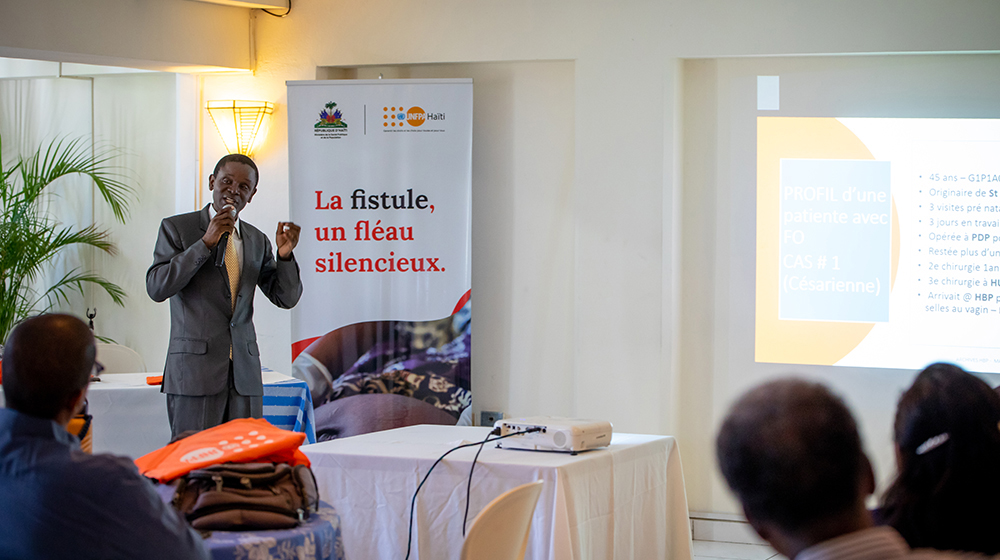
The SHOG notes a gradual decrease in diagnosed cases due to the security context which limits travel for community work.
What is obstetric fistula?
Obstetric fistula is an abnormal communication between the urinary system, the genital system and the digestive system which leads to an uncontrolled loss of urine or stool, and sometimes both at the same time, explains the Representative a.i. of UNFPA in Haiti. These are women who during childbirth had a complication that causes an uncontrolled, permanent loss of urine and stool, adds Dr. Zalha Assoumana.
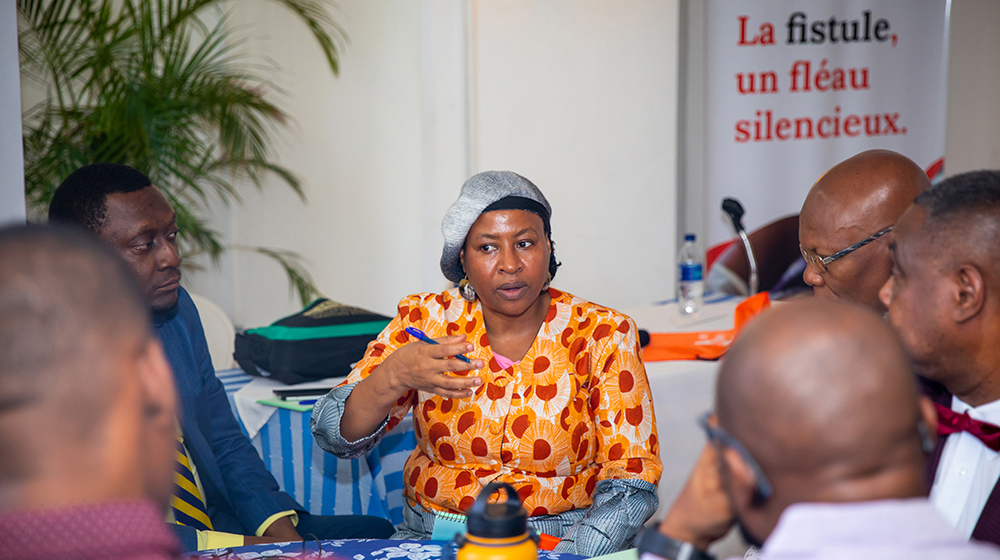
Zelda's testimony
Zelda, a 31-year-old woman, lived with a vesico-vaginal fistula for 14 years, following a difficult childbirth during which she lost her twin daughters. Seen first by matrons in Saint Michel de l'Attalaye, she was then taken care of by four successive hospitals in the north of the country, without success. In the last instance, she was successfully operated on at the Croix des Bouquets hospital, in the West.
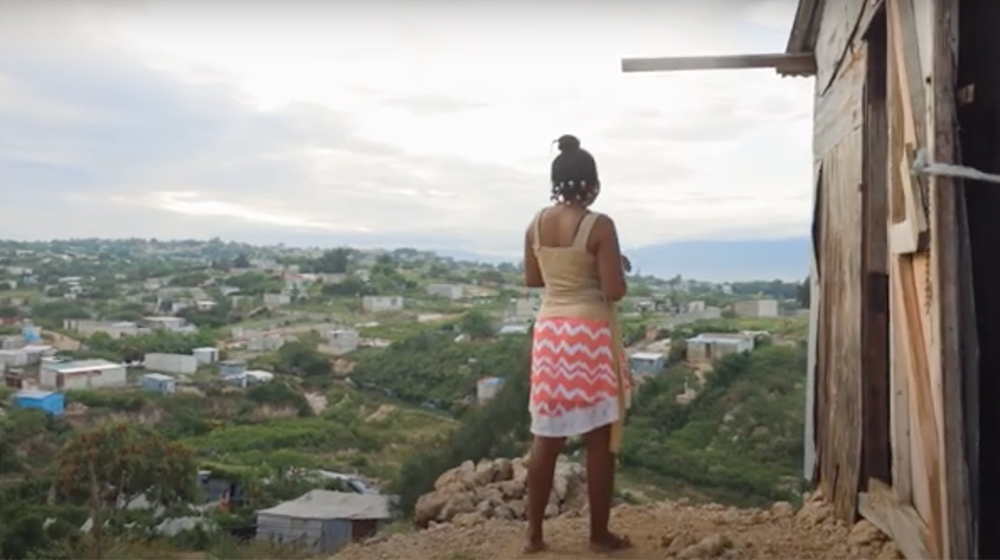
Global Campaign to End Obstetric Fistula
In 2003, the United Nations system launched the global campaign to end obstetric fistula under the aegis of UNFPA. Each country is called upon to develop and implement an action plan around the three strategic axes of prevention, surgical care and finally the reintegration and social rehabilitation of survivors.
The commitment of the highest political authorities in Haiti was reflected in the development of an intervention plan and the fight against obstetric fistula. The implementation of this plan benefited from the technical and financial support of various partners, including UNFPA.
Advocacy for resource mobilization and communication is one of the global strategies adopted by the United Nations system to maintain everyone's commitment and ensure the continuity of services for community behavior change on contributing factors and ways to prevent it.
20th anniversary of the launch of the Campaign
It is in this perspective that the General Assembly of the United Nations, during its 67th session held on December 20, 2012, in New York (A G /11331), proclaimed May 23 as the International Day for the Elimination of Obstetric Fistula.
The year 2023 marks the 20th anniversary of the launch of the Campaign to End Obstetric Fistula. It also marks the 10th anniversary of the commemoration of the International Day for the Elimination of Obstetric Fistula.
For this 2023 edition, the international theme is "20 years later - Progress but not enough! " Act now to end obstetric fistula by 2030 ” !
Text : Vario Sérant
Photos : Michaël Isaac Junior Ambroise

